7 Easy Facts About Performance Physical Therapy Shown
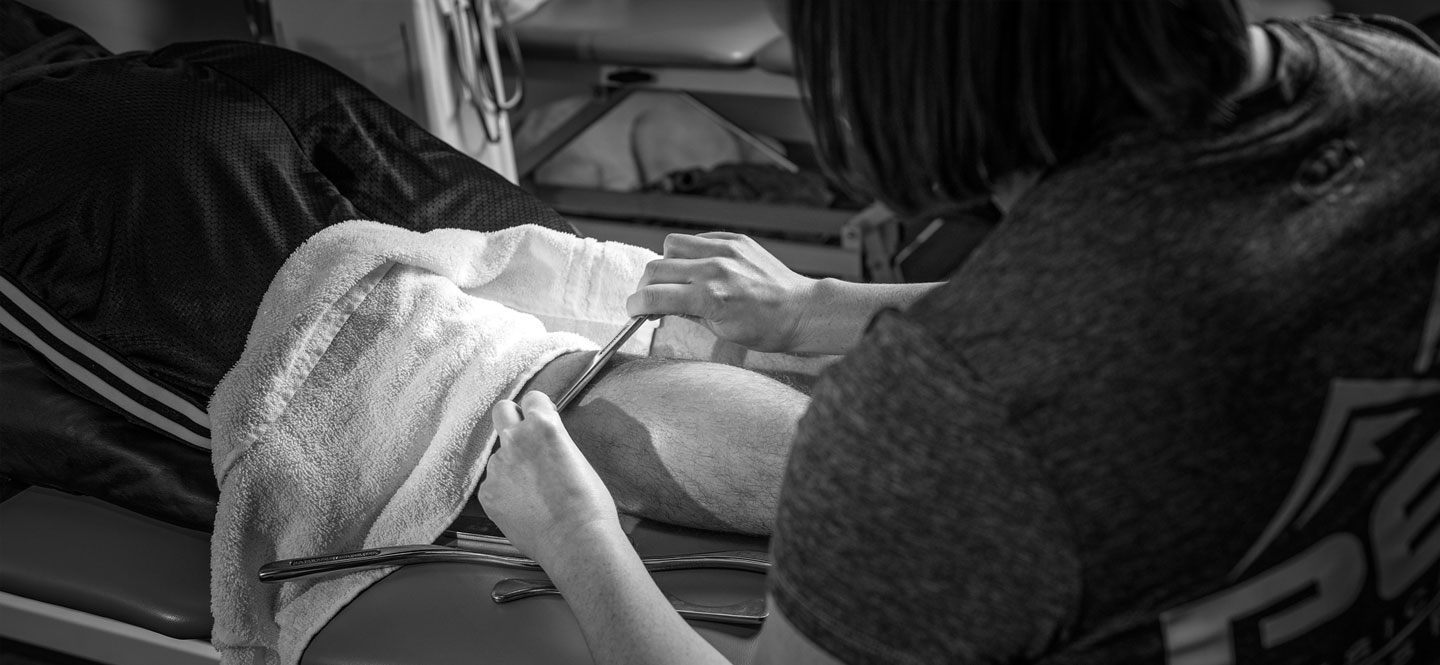
Most U.S. states have physical therapy practice acts that recognize both physical therapists (PT) and physical therapist assistants (PTA) and some jurisdictions also recognize physical therapy technicians (PT Techs) or aides. Most countries have licensing bodies that require physical therapists to be a member of before they can start practicing as independent professionals.
Each of Canada's physical therapy schools has transitioned from 3-year Bachelor of Science in Physical Therapy (BScPT) programs that required 2 years of prerequisite university courses (5-year bachelor's degree) to 2-year Master's of Physical Therapy (MPT) programs that require prerequisite bachelor's degrees. The last Canadian university to follow suit was the University of Manitoba which transitioned to the MPT program in 2012, making the MPT credential the new entry to practice standard across Canada.
The Best Strategy To Use For Pediatric Physical Therapy
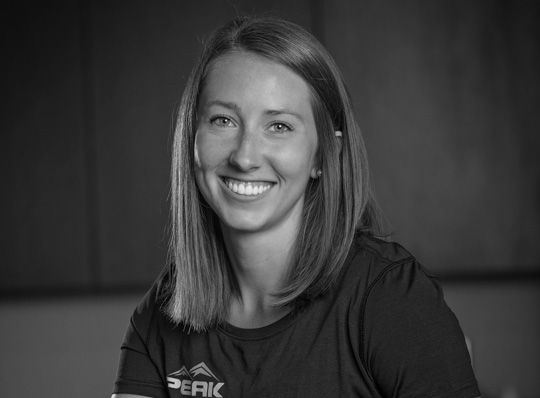
In the province of Quebec, prospective physiotherapists are required to have completed a college diploma in either health sciences, which lasts on average two years, or physical rehabilitation technology, which lasts at least three years, to apply to a physiotherapy program or program in university. Following admission, physical therapy students work on a bachelor of science with a major in physical therapy and rehabilitation.
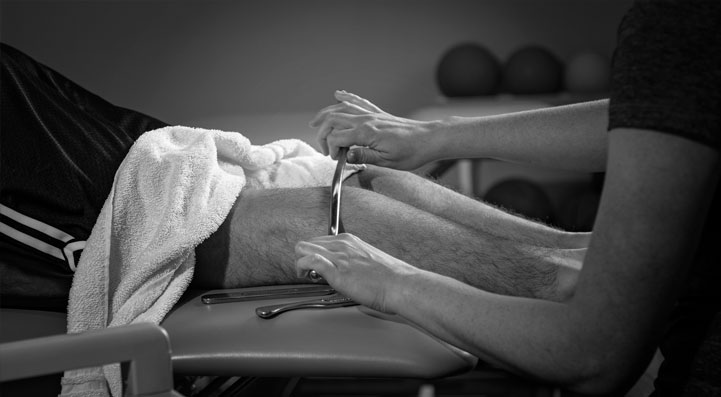
usually requires three years to complete. Students must then enter graduate school to complete a master's degree in physical therapy, which normally requires one and a half to two years of study. Graduates who obtain their M (physical therapist).Sc. must successfully pass the membership examination to become member of the Ordre professionnel de la physiothérapie du Québec (OPPQ).
In the province of Quebec, physical rehabilitation therapists are health care professionals who are required to complete a three-year college diploma program in physical rehabilitation therapy and be member of the Ordre professionnel de la physiothérapie du Québec (OPPQ) in order to practise legally in the country - physical therapy. Most physical rehabilitation therapists complete their college diploma at Collège Montmorency, Dawson College, or Cégep Marie-Victorin, all situated in and around the Montreal area.
The Ultimate Guide To Physical Therapy Exercises
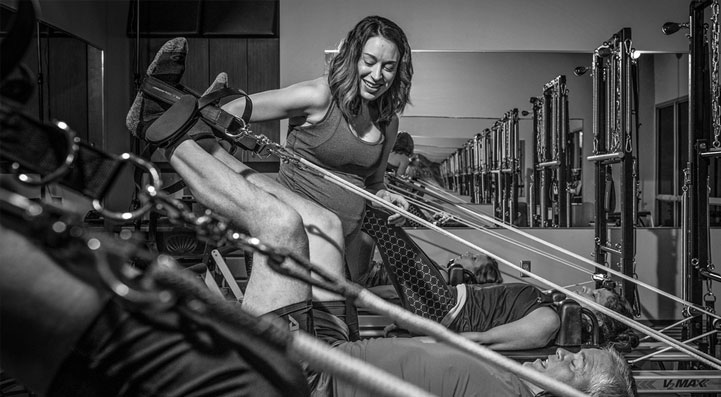
The Université de Montréal, the Université Laval and the Université de Sherbrooke are among the Québécois universities that admit physical rehabilitation therapists in their programs of study related to health sciences and rehabilitation in order to credit courses that were completed in college. To date, there are no bridging programs available to facilitate upgrading from the BScPT to the MPT credential.
Aside from academic research, practitioners can upgrade their skills and qualifications through continuing education courses and curriculums. Continuing education is a requirement of the provincial regulatory bodies. The Canadian Alliance of Physiotherapy Regulators (CAPR), or simply known as The Alliance, offers eligible program graduates to apply for the national Physiotherapy Competency Examination (PCE) - advanced physical therapy.
The Alliance has members which are physiotherapy regulatory organizations recognized in their respective provinces and territories: Government of Yukon, Consumer Services College of Physical Therapists of British Columbia Physiotherapy Alberta College + Association Saskatchewan College of Physical Therapists College of Physiotherapists of Manitoba College of Physiotherapists of Ontario Ordre professionnel de la physiothérapie du Québec College of Physiotherapists of New Brunswick/Collège des physiothérapeutes du Nouveau-Brunswick Nova Scotia College of Physiotherapists Prince Edward Island College of Physiotherapists Newfoundland & Labrador College of Physiotherapists The Canadian Physiotherapy Association offers a curriculum of continuing education courses in orthopaedics and manual therapy.
The 5-Minute Rule for Physical Therapy Near Me
The orthopaedic curriculum and examinations takes a minimum of 4 years to complete. However, upon completion of level 2, physiotherapists can apply to a unique 1-year course-based Master's program in advanced orthopaedics and manipulation at the University of Western Ontario to complete their training. This program accepts only 16 physiotherapists annually since 2007.
Fellows of the Canadian Academy of manipulative Physiotherapists (FCAMPT) are considered leaders in the field, having extensive post-graduate education in orthopaedics and manual therapy. FCAMPT is an internationally recognized credential, as CAMPT is a member of the International Federation of Manipulative Physiotherapists (IFOMPT), a branch of the World Confederation of Physical Therapy (WCPT) and the World Health Organization (WHO) (physical therapy near me).
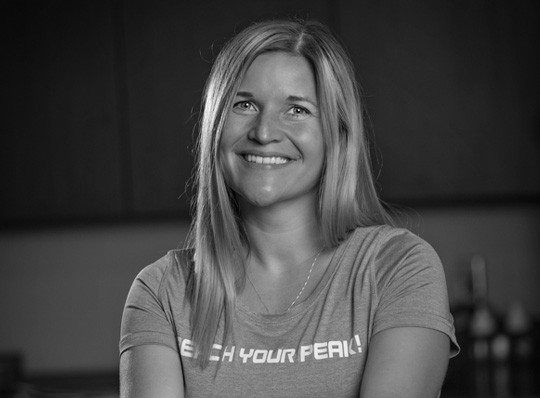
Students can qualify as physiotherapists by completing a four-year Bachelor of Science degree or a two-year master's degree (if they already have an undergraduate degree in a related field). In order to use the title 'Physiotherapist', a student must register with the Health and Care Professions Council, a UK wide regulatory body, on qualifying.
A Biased View of Physical Therapy
The primary physical therapy practitioner is the Physical Therapist (PT) who is trained and licensed to examine, evaluate, diagnose and treat impairment, functional limitations and disabilities in patients or clients. Physical therapist education curricula in the United States culminate in a Doctor of Physical Therapy (DPT) degree, with some practicing PTs holding a Master of Physical Therapy degree, and some with a Bachelor's degree.
PTs who hold a Masters or bachelors in PT are encouraged to get their DPT because APTA's goal is for all PT's to be on a doctoral level. WCPT recommends physical therapist entry-level educational programs be based on university or university-level studies, of a minimum of four years, independently validated and accredited.
According to CAPTE, as of 2017 there are 31,380 students currently enrolled in 227 accredited PT programs in the United States while 12,945 PTA students are currently enrolled in 331 PTA programs in the United States. (Updated CAPTE statistics list that for 2015–2016, there were 30,419 students enrolled in 233 accredited PT programs in the United States.) The physical therapist professional curriculum includes content in the clinical sciences (e.g., content about the cardiovascular, pulmonary, endocrine, metabolic, gastrointestinal, genitourinary, integumentary, musculoskeletal, and neuromuscular systems and the medical and surgical conditions frequently seen by physical therapists).
marianjoy physical therapy advantage physical therapy find a physio near me